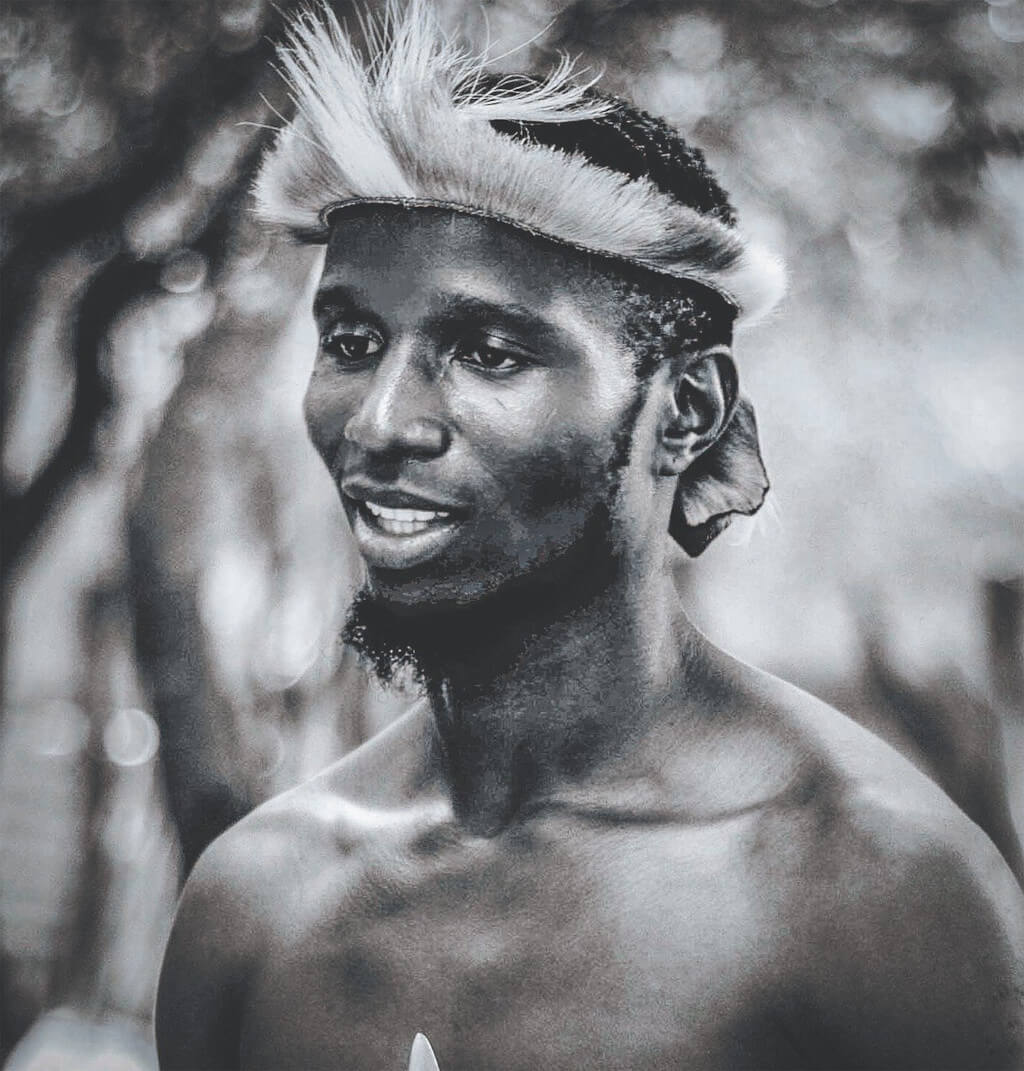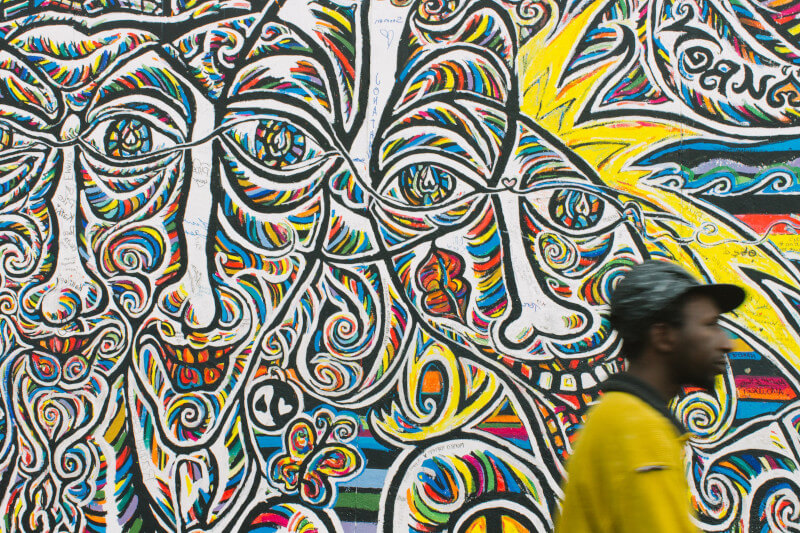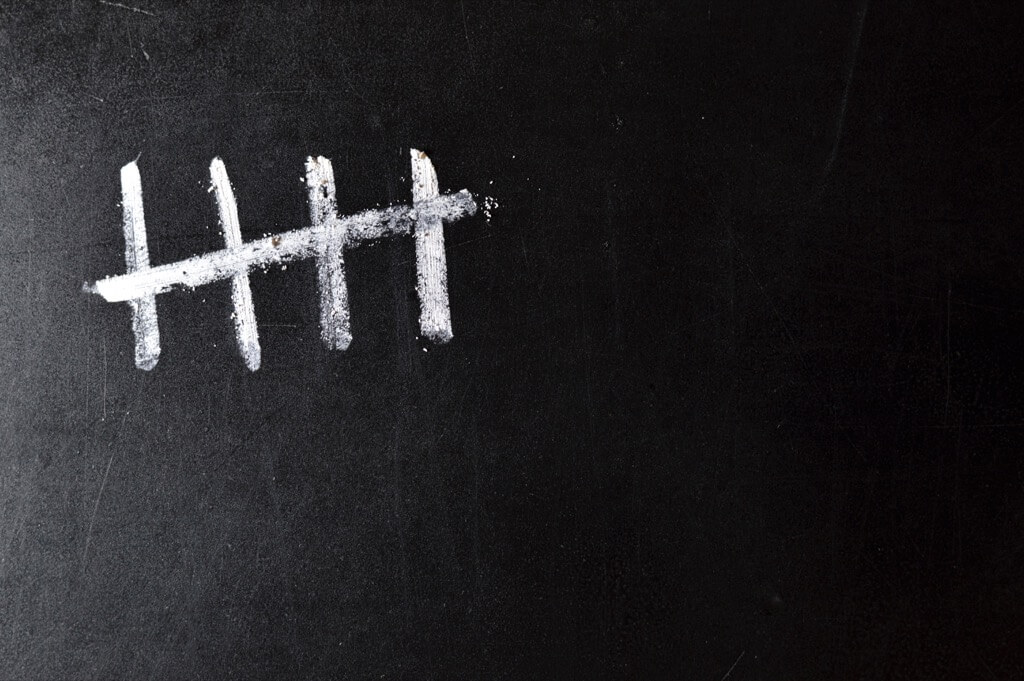One of South Africa’s most recognisable historical personalities, Shaka Zulu has inspired people all around the world. Shaka’s legacy has been reinterpreted and recreated by succeeding generations despite the paucity of information regarding his life. Shaka has made his way back into the public consciousness through the highly anticipated South African television series, Shaka iLembe. We chatted with Dan Wylie, an English professor, and authority on the topic of Shaka, to gain insight into this continuing interest.
Deconstructing the Myth
Shaka kaSenzangakhona, who ruled the Zulu people from roughly 1817 until his assassination in 1828, is generally regarded as the nation’s progenitor. He is credited with changing the Zulu from a relatively minor group into a unified state. Shaka was able to exert considerable control over the region north of modern-day Durban as a result of his conquests and alliances with neighbouring groups like the Mthethwa, Ndwandwe, Hlubi, Qwabe, and Mkhize.
Wylie, on the other hand, thinks that the stories of Shaka’s unifying and violent rule have been embellished through time. Wylie learned from his investigations that much of the conventionally recognised “history” of Shaka was fictitious. Images of Shaka’s “savagery” imported from Europe served to legitimise colonialism and apartheid, reinforcing the idea that all Africans are naturally aggressive. Shaka’s image in popular discourse has been shaped by myths due to a dearth of reliable historical sources about his life.
Why Shaka Zulu Will Always Be an Iconic Figure
Shaka’s allure stems from the contradictions inherent in his persona, which sees him alternately as a demonic villain and a noble genius worthy of worship. Stories about Shaka’s life are many because of the allure of absolute authority and the lack of concrete facts concerning his life. The supposed ugliness or military genius of Shaka has been used by various parties throughout history to further their own goals. Shaka has been moulded and remoulded to meet a variety of ideologies, from colonialists who exploited his reputation for ferocity for political gain to Zulu nationalists who hailed him as a military genius.
What We Think of Him Now, Thanks to Fiction
Two main themes emerge while discussing Shaka in popular culture: the “monster” and the “heroic genius.” Despite being well-treated by Shaka, the early white eyewitnesses, Nathaniel Isaacs and Henry Francis Fynn, conspired to portray him as a devilish mass murderer. This tenor fit with preexisting notions of African barbarism and aided colonial invaders by placing the blame for depopulating broad areas on the Zulu.
The novel Shaka Zulu by South African historian EA Ritter in the 1950s was instrumental in popularising a positive view of Shaka. Despite Ritter’s use of Zulu sources, his work is largely based on fiction that has been widely regarded as fact. Ritter invented many of the stories told about Shaka, including his traumatic infancy, warrior dances on thorns, development of the stabbing spear, and particular battle techniques.
Shaka iLembe and the Search for Authenticity in History
The upcoming TV show Shaka iLembe plans to use historical experts to improve its depiction of Shaka. The series recognises the necessity to confront the historical uncertainties and disputes surrounding Shaka’s life, even as storytelling ultimately takes precedence over factuality. It is crucial to avoid cliches and instead portray Shaka as the strong and capable leader he was.
Wylie thinks that Shaka’s true nature lay in the middle, between that of a cold-blooded killer and that of a godlike conqueror. As an authority in the field, he stresses the significance of showing Shaka’s complex political ties and his role in integrating people into new systems rather than merely expelling them. A TV show may create a compelling narrative while being loyal to historical lessons by diving into the complicated politics of the time.
The stories told about Shaka Zulu’s life and times in the media have enthralled audiences for decades. Storytellers have been able to mould Shaka’s persona to fit their needs because of the temptation of power and the lack of verifiable historical facts. New television shows, such as Shaka iLembe, are prompting a greater effort to use historical sources and aim for accuracy. By giving a more nuanced and historically informed image, these adaptations can offer a fresh perspective on one of South Africa’s most known leaders. Even if we’ll never know the whole truth of Shaka’s life, he’ll never stop being an inspiration and a mystery to fans everywhere.
About the Author: Mandla Mkhize is a seasoned entertainment journalist based in Johannesburg, South Africa. Known for his sharp insights and a keen eye for detail, Mandla has spent over a decade reporting on music, film, and pop culture. His passion for delivering captivating stories keeps readers on the edge of their seats.




